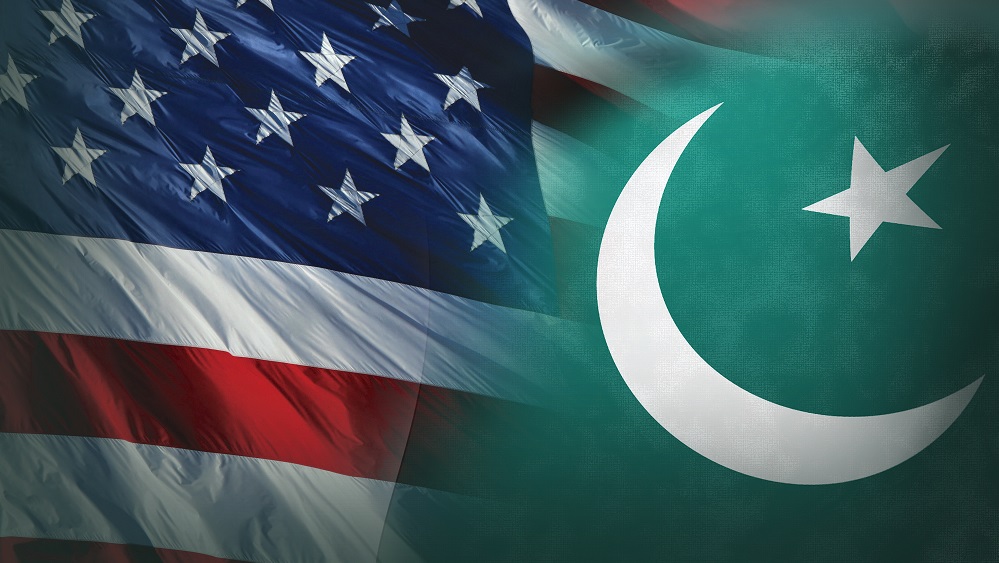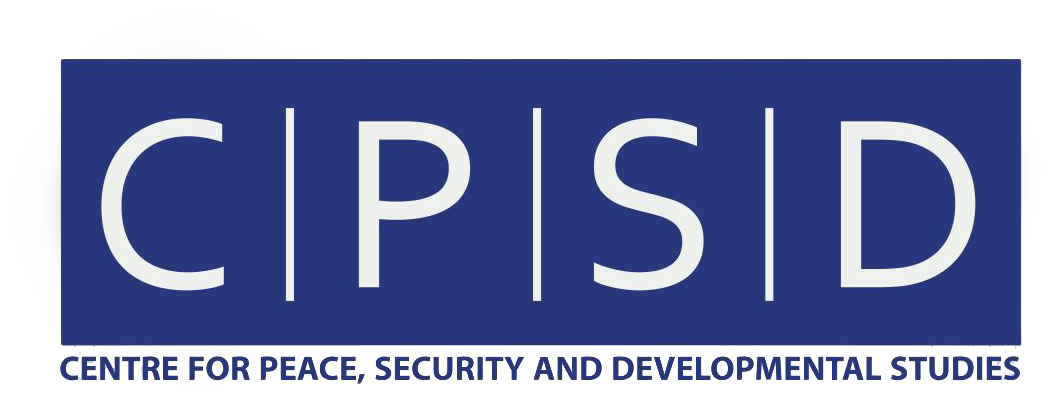The Tragic affairs of the Pak-US relationship

The U.S.–Pakistan Relationship: Repeating History or Refusing to Learn?
To Err is Human—But to Repeat is a Choice
Everyone makes mistakes—that’s a given. Individuals do, institutions do, and even entire nations do. But what’s truly unfortunate is that not everyone learns from them. Some repeat the same mistakes, fail to evolve, and remain puzzled by their stagnation.
Bruce Lee once said, “Mistakes are always forgivable if one has the courage to admit them.” I would add: mistakes are only forgivable if one acknowledges them and takes concrete steps to ensure they are not repeated.
The Indo-U.S. Alliance and Pakistan’s Struggles
Just yesterday, National Security Adviser Lt. Gen. (R) Nasir Janjua expressed his frustration over how the Indo-U.S. nexus is sowing violence and unrest in Pakistan. He recalled how Pakistan’s decision to support the U.S.-led War on Terror introduced terrorism to its own soil. He also pointed out the alignment between India and the U.S. on denying the right of self-determination to the oppressed Kashmiris. He warned of their joint attempts to sabotage the China–Pakistan Economic Corridor (CPEC) to limit China’s influence and derail Pakistan’s economic self-reliance.
Meanwhile, U.S. Secretary of State Rex Tillerson reiterated the familiar refrain: Pakistan risks territorial loss if it doesn’t act against the Haqqani network. Such warnings force us to revisit history, no matter how painful, because they demand critical reflection.
A Chronology of Betrayal
Let’s examine the timeline of U.S.–Pakistan relations, especially in contrast with U.S.–India dynamics:
1950s: Prime Minister Liaquat Ali Khan visited the U.S., declaring natural kinship between Islam and Christianity. The U.S. reciprocated his warmth with alleged complicity in his assassination, as hinted by declassified archives.
Mid-1950s: Pakistan joined CENTO and SEATO, becoming a formal U.S. defense ally. However, neutrality might have served our national interests better.
1962: During the Sino-Indian War, Ayub Khan was discouraged by the U.S. from attacking India, with empty promises of help on Kashmir—promises that remain unfulfilled.
1965: When Pakistan fought India over Kashmir, the U.S. offered no real support. The U.S. Ambassador to Pakistan reportedly mocked Ayub Khan instead of aiding a key ally.
1971: Pakistan lost East Pakistan. Despite recognizing Indian aggression, the U.S. under Nixon did little to stop the dismemberment of its supposed ally.
1979: Pakistan became America’s frontline ally against the Soviet invasion of Afghanistan. After the Soviet withdrawal, the U.S. left Pakistan to deal with the fallout—drugs, weapons, and refugees—before slapping sanctions over its nuclear program.
1999: During the Kargil conflict, the U.S. again convinced Pakistan to stand down with the unfulfilled promise of resolving Kashmir diplomatically—once again to India’s benefit.
Post-9/11: Pakistan joined the U.S. in its War on Terror, hoping for a fresh start. But the cooperation came at a devastating cost.
Warnings Ignored, Lessons Unlearned
Imran Khan, long before becoming Prime Minister, warned the establishment about the perils of supporting America’s war. He was dismissed then, but his warnings proved prescient.
A viral video shows journalist Wajahat S. Khan reflecting on how terrorists—backed by Indian handlers in Afghanistan—massacred innocent children at Army Public School on December 16, 2014. This same date recalls the tragedy of 1971, when we lost East Pakistan.
The U.S. has shown outrage over Mumbai and Uri attacks—quickly demanding Pakistan “put its house in order.” But when our own children were butchered, Washington remained quiet, despite credible evidence of India’s involvement.
Hadith, History, and Heed
The Prophet Muhammad (ﷺ) said:
“A believer does not allow himself to be stung twice from the same hole.”
(Sahih Bukhari)
A true Muslim learns from mistakes—not only personal ones, but those that afflict the Ummah. Yet we continue to trust the U.S. despite its repeated betrayals.
Our leaders—from Benazir Bhutto to Nawaz Sharif and Asif Zardari—have often depended on U.S. support for political legitimacy. Many rise to power on the back of foreign endorsement, not indigenous strength.
A Nation Obsessed—or Just Blind?
Why do we keep doing this? Why do we repeat errors of judgment?
Are we obsessed with U.S. validation?
Are our policy-makers naïve—or reckless?
Do we suffer from institutional amnesia?
Are we so desperate for allies that we ignore our dignity?
Or, most disturbingly: Are we consciously choosing betrayal over course correction?
As Paulo Coelho famously said:
“When you repeat a mistake, it is not a mistake anymore—it is a decision.”
Conclusion
It is high time we ask ourselves: are we victims, or are we volunteers?
Only when we hold our own institutions accountable, reevaluate our foreign alliances, and build indigenous capacity can we stop falling into the same traps. Until then, the cycle will repeat—and this time, the consequences could be irreversible.
Disclaimer: The views expressed in this article are the author’s own and do not necessarily reflect CPSD’s editorial policy.
